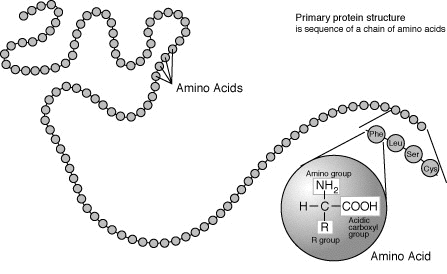Existential summer reflections
I hope you’ve been to the beach and reflected upon the grains of sand as I suggested in one of my previous blog posts. Even if you didn’t, here’s something else to think about.
Go back to that previous post and look at that Hubble photo once more. How many galaxies can you count in that photo? If you do end up with a number, let me know, because there are too many for me to count. Even if you don’t count them you can clearly see there’s a lot of them. And bear in mind that this is just a very, very small piece of the skies above us. Also remember that every galaxy consists of a whole lot of stars (roughly 3 x 10^11, or 300 billion stars in our galaxy alone). Before we go any further let’s digress into something different, yet still related.
Life on Earth is a pretty special thing, right? So what were the chances of life spontaneously developing on Earth some 3.5 billion years ago? At first glance you would say the chances were pretty slim. I mean, organic molecules just happening to accidentally form a self-replicating more advanced molecule, which again built on itself to become the first living organism from which we would later evolve. There’s a bigger chance I’d win the lottery Saturday. We don’t yet know the scientific odds for life starting on a planet, but for the sake of this thought experiment we’ll pick a big number. Let’s say the chances are one in 10 billion (some would find the odds even bigger, some would find it smaller).
Just for comparison, let’s look at the odds of some other rare events:
- There’s about a 1 in 5,300,000 chance of winning the Norwegian lottery.
- You have about a 1 in 2,000,000 chance of being struck by lightning.
- A pregnant woman has a 1 in 705,000 chance of giving birth to quadruplets.
- Someone eating an oyster has a 1 in 12,000 chance of finding a pearl inside of it.
As you can see the odds we chose for there being life on Earth are extremely high.
We know that organic molecules exists on other celestial bodies (like Titan, the largest moon of Saturn), and experiments on Earth have proven that when the organic molecules on Titan are put together and struck by lightning, and the fallout are mixed with water, Amino acids are formed. It is fair to say that a similar thing could’ve happened on Earth many billion years ago. Not only forming Amino acids, but also forming other more complicated organic molecules. Not all planets or moons have organic molecules in their atmosphere, of course, but when you look at how common they are in our solar system it has to be equally common in other star systems.
Another important point about life on Earth is that our planet orbits the sun in the Habitable zone. This might seem like a very special point to add into our calculations, but the fact is that astronomers have started finding more and more Extrasolar planets orbiting their respective suns in the habitable zone, so for the sake of this argument, lets assume that every star has a planet in the habitable zone.
So if this organic molecule fallout happened all over the Earth over millions of years, with lightning striking the oceans at least once every second (remember that lightning strikes the Earth on average every second today) the odds of some of them getting together and forming that special replicating molecule seem better and better all the time, and it suddenly seems it was inevitable that it would happen. For comparison, the odds of winning the lottery is pretty slim, yet someone always wins every week.
But let’s say it was such a rare occasion that it only happened once and life just spread from there. This is the one in ten billion shot we were talking about earlier. Now consider that there are 300 billion stars in our galaxy alone. With a one in 10 billion chance that life would arise on Earth, that means that there should be 30 planets in our galaxy with life on it. Then consider that there are billions of galaxies in our universe. Suddenly there are tens of billions of planets out there with life on them.
Does life on Earth really seem so special when you look at it through our new imaginary universal goggles?

